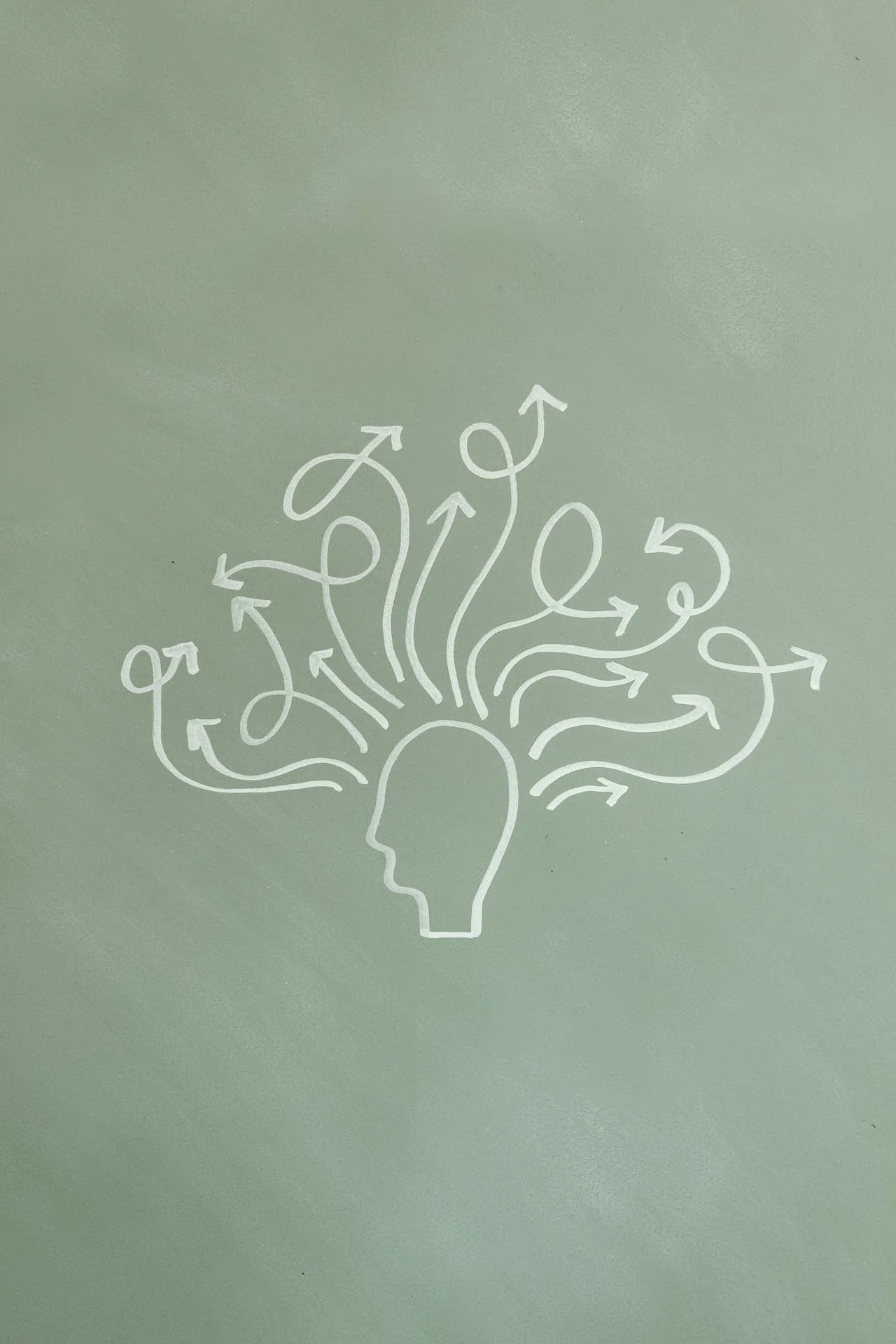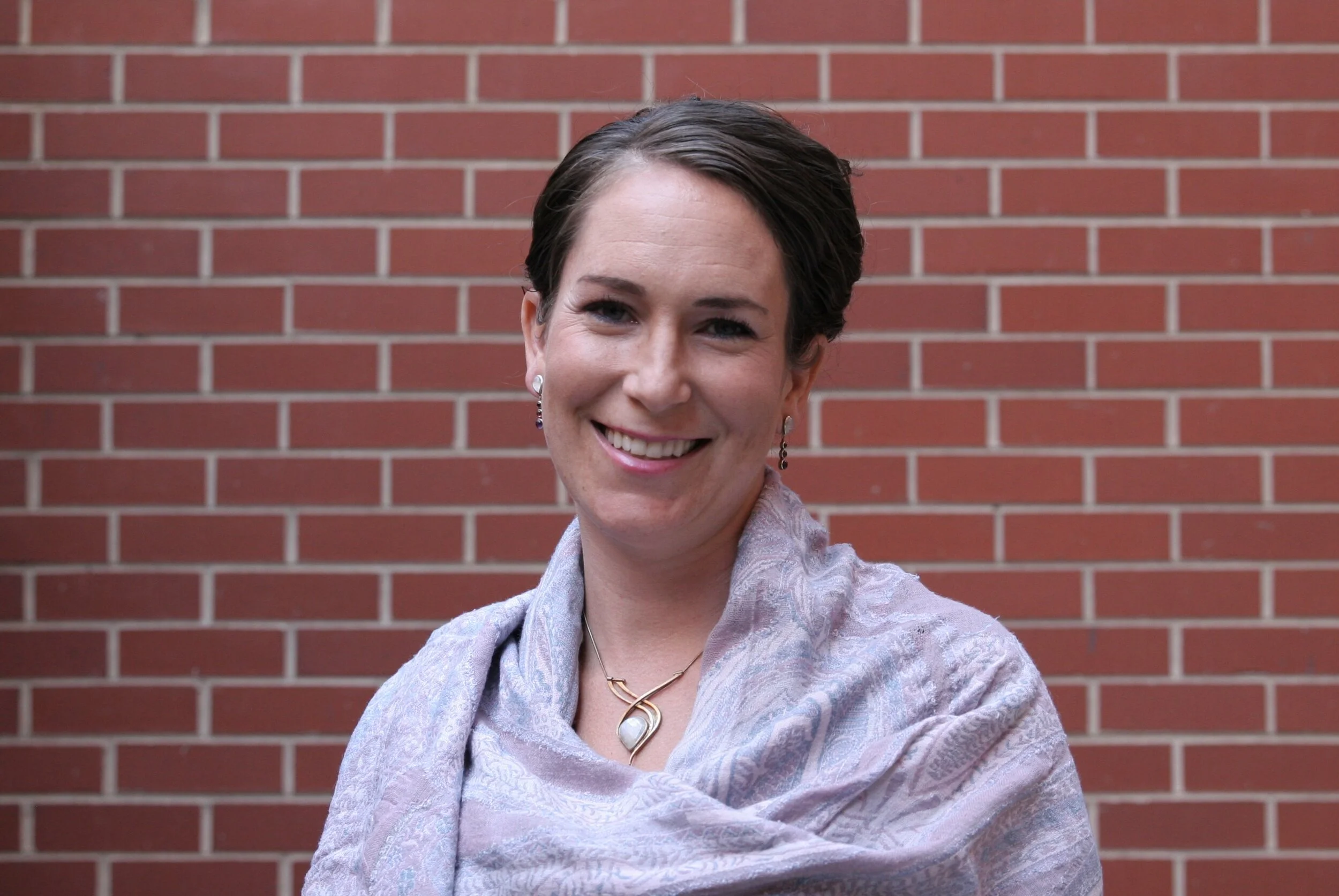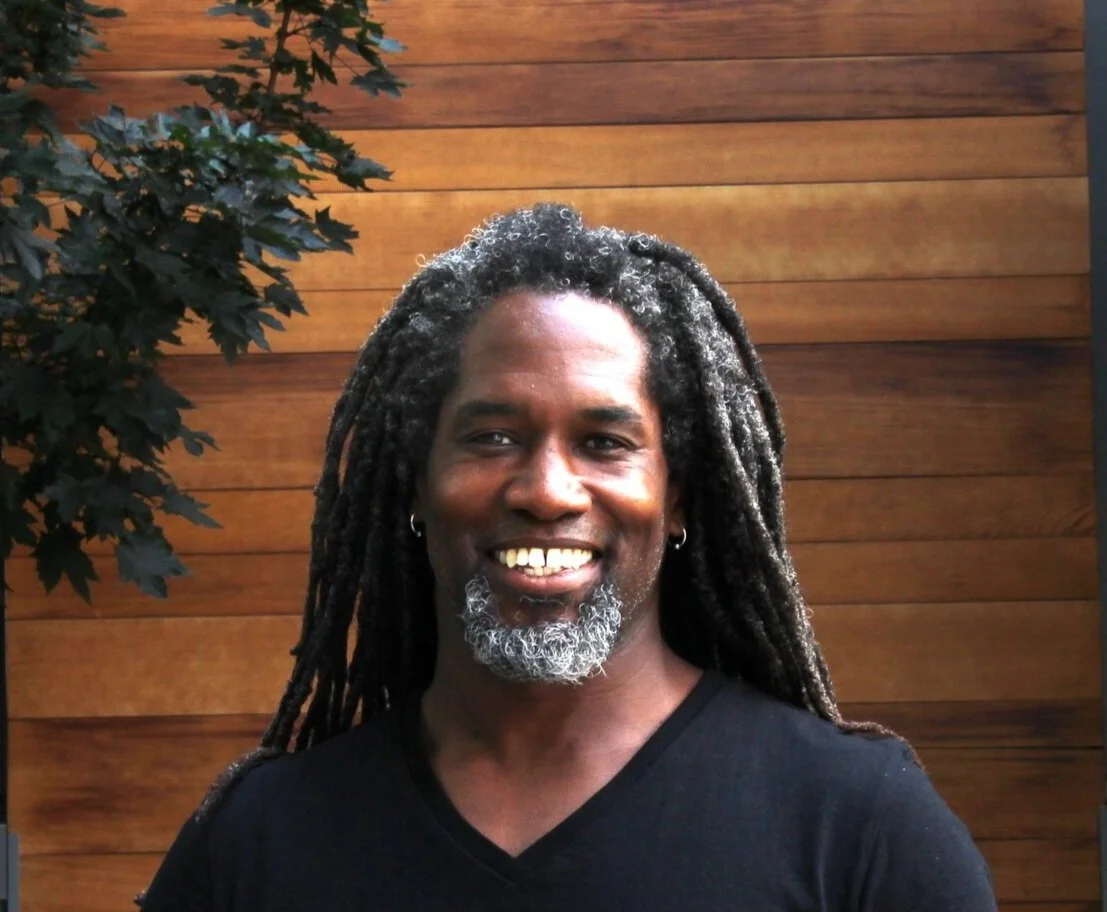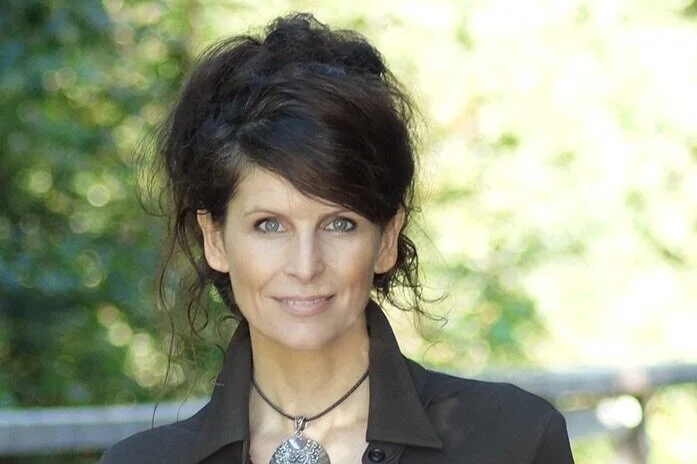1. “The happiness of your life depends upon the quality of your thoughts.”
2. “If you are distressed by anything external, the pain is not due to the thing itself, but to your estimate of it; and this you have the power to revoke at any moment.”
3. “The best revenge is to be unlike him who performed the injury.”
4. “It is not death that a man should fear, but he should fear never beginning to live.”
5. “Our life is what our thoughts make it.”
6. “If someone is able to show me that what I think or do is not right, I will happily change, for I seek the truth, by which no one was ever truly harmed. It is the person who continues in his self-deception and ignorance who is harmed.”
7. “If it is not right do not do it; if it is not true do not say it.”
8. “Whenever you are about to find fault with someone, ask yourself the following question: What fault of mine most nearly resembles the one I am about to criticize?”
9. “How much more grievous are the consequences of anger than the causes of it.”
10. “Live a good life. If there are gods and they are just, then they will not care how devout you have been, but will welcome you based on the virtues you have lived by. If there are gods, but unjust, then you should not want to worship them. If there are no gods, then you will be gone, but will have lived a noble life that will live on in the memories of your loved ones.”
Photo Credit: Matthias Giezendanner and Wealth sf .com-Whether considering weight loss or optimal health, a personal trainer’s client’s real transformation begins at a deeper level.
Welcome to “The Elements of Being” podcast, where I dissect and explore the minds and habits of psychologists, filmmakers, writers, and industry icons. Essentially, we examine the mental and emotional narratives and processes that steer the social stream of consciousness….Truly a chance to geek out over the psychology behind human behavior. Each episode is a glimpse into the trends and patterns of human behavior and the underlying influences that navigate us into different directions. Whether we primarily focus on nutrition or the unconscious, guests share insights, thought-provoking lessons, the nuances of creativity, and the elements of being….us.
In the spirit of the 2020 US presidential election, Dr. Jonathan Baron and I discuss moral judgment and individual decision-making in today’s episode. Dr. Baron is the founding editor of the open-access journal Judgment and Decision Making and has been on several other journals' editorial boards. He is a Fellow of the American Association for the Advancement of Science and the Association for Psychological Science, and was the President of the Society for Judgment and Decision Making.
Dr. Baron's work has occurred primarily within the field of judgment and decision making, a multi-disciplinary area that applies psychology to problems in economics, law, business, and public policy. This field began by contrasting human decision behavior to individual decision-making and judgment theories such as probability theory and expected utility. Baron's research has extended the focus of judgment and decision making to social problems of resource allocation and ethical decisions. Among the concepts associated with his work are omission bias (the tendency for people to excuse acts of omission more easily than acts of commission) and protected values (principles on which people are unwilling to accept tradeoffs).
In our interview, here’s what we specifically discussed:
-The trends of political polarization and conspiracy thinking.
-The problems of improving everyday decisions as a result of institutional issues.
-Applying general principles of decision analysis.
-The evolution of a person’s social standards.
-Omission bias in politics.
-The cost-benefit analysis of environmental policies.
-The expression of moral and moralistic values regarding the political issues of gay marriage and abortion.
-The role of empathy in the utilitarian point of view.
-The factors that affect moral judgment.
